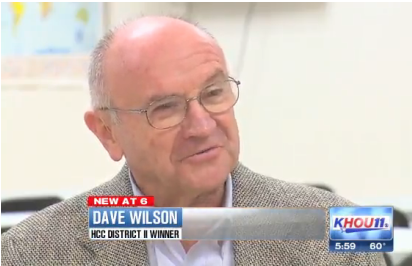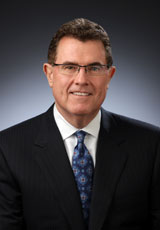#OrangeIsTheNewPrisonReformHashtag. I guess that’s kind of long as hashtags go.
The OJ Simpson saga cast of characters, 20 years later.
“Hillary Clinton would start out as a favorite — albeit not a heavy one — over Jeb Bush or any other Republican due, in large part, to the built-in advantage Democrats currently enjoy in the electoral college.”
We die a lot differently than we used to.
Where the wild things inhabit tame spaces, and how you can help scientists understand it better.
From the Can’t Sleep, Clowns’ll Eat Me department.
“A Missouri firm that unsuccessfully sued its bank to recover $440,000 stolen in a 2010 cyberheist may now be on the hook to cover the financial institution’s legal fees, an appeals court has ruled.” Be very careful about what you sign, people.
Don’t want to give a guy your number? Give him this number instead.
RIP, Casey Kasem. Keep your feet on the ground, and keep reaching for the stars.
What Dianne Anderson and Samantha Field say.
RIP, Tony Gwynn, all-time great hitter and all-around good guy. Cancer truly sucks.
Dr. Jen Gunter schools miserable excuse for a human being George Will on rape.
Oh, God, are people going to start taking Tom Friedman seriously again? Please, just make it stop.
I was watching the Rockets versus the Knicks twenty years ago during the OJ car chase. I’m still pissed they interrupted the game for that.
Speaking of basketball, do NBA teams treat their dance squads any better than NFL teams treat their cheerleaders?
Don’t chase your dog, let your dog come to you. There’s a Zen koan in there somewhere.
Democrats are not in disarray, as is usually the case.
“Seventy years after D-Day […] almost 70 World War II veterans continue to serve as senior-status federal judges.”
RIP, Stanley Marsh III, founder of the Cadillac Ranch on Route 66, and unfortunately also a sex predator.
Why the Patent Office canceled the trademark for the Washington-based NFL team.
Get ready for the Bitcoin Bowl. I wonder if they will pay out in bitcoins.
“Am I sounding a little testy here? You bet. We all make mistakes. But we are talking about people in public life—writers, politicians, academics—who got the biggest strategic call in many decades completely wrong. Wrong as a matter of analysis, wrong as a matter of planning, wrong as a matter of execution, wrong in conceiving American interests in the broadest sense. None of these people did that intentionally, and many of them have honestly reflected and learned. But we now live with (and many, many people have died because of) the consequences of their gross misjudgments a dozen years ago. In the circumstances, they might have the decency to shut the hell up on this particular topic for a while. They helped create the disaster Iraqis and others are now dealing with. They have earned the right not to be listened to.”
The more you pay your CEO, the worse the performance you tend to get.
“Screw technicalities, though; what Clayton Kershaw just did was far more impressive than going 27-up, 27-down and relying on your defense in order to do it. Clayton Kershaw just threw one of the most dominant performances in the history of baseball.”
“For those wondering, [Vin] Scully has apparently announced 7% of all no hitters in the 139 years MLB has been tracking them which is insane.”
“Remember, there are two main angles here. The first is that McCain’s track record on his signature issue is genuinely atrocious. But the second is that McCain remains absolutely convinced of his own self-righteous credibility.”
“So get excited libertarians and lovers of truly awful fiction that doesn’t feature sparkly vampires or Tom Hanks solving medieval puzzles. Ron Paul, action movie star, is on his way.”
RIP, Stephanie Kwolek, inventor of Kevlar and saver of many lives.


























